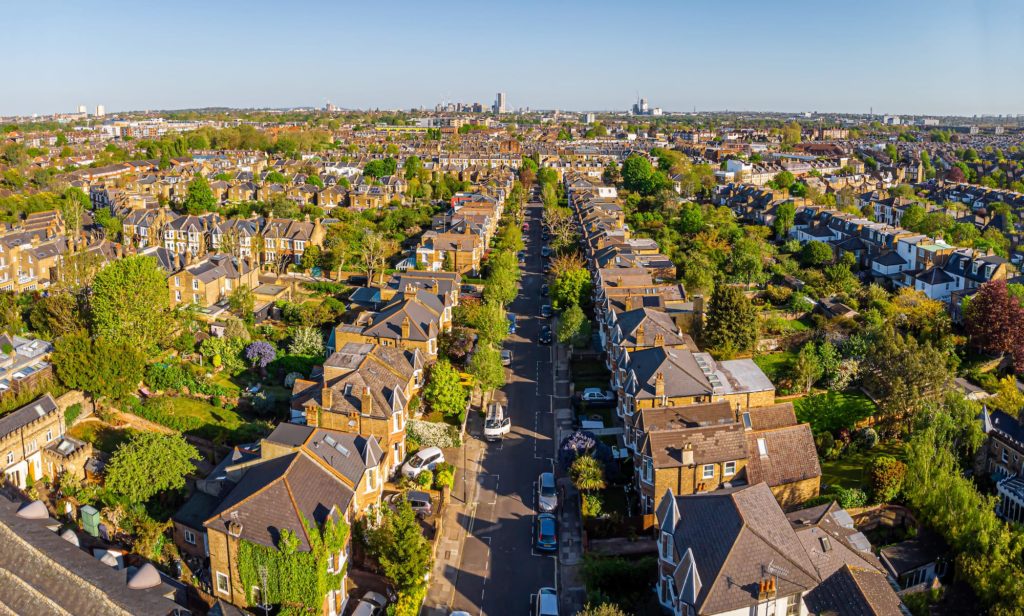Stamp Duty is a term that can send shivers down the spine of homebuyers across the UK, and for good reason. It’s a tax that can add a hefty sum to the already considerable costs of purchasing a property. But what exactly is Stamp Duty, and how much will it set you back? Here’s everything you need to know.
What is Stamp Duty?
Stamp Duty, officially known as Stamp Duty Land Tax (SDLT), is a tax imposed by the government on the purchase of property or land in England and Northern Ireland. It applies to both freehold and leasehold properties, whether you’re buying outright or with a mortgage. The tax is calculated as a percentage of the purchase price, with different rates applying depending on the value of the property1.
How Much Does Stamp Duty Cost?
The amount of Stamp Duty you’ll need to pay depends on several factors, including the price of the property and whether you’re a first-time buyer. The government has set up different bands, meaning that different portions of the property price are taxed at different rates.
Here’s a breakdown of the current Stamp Duty rates1:
- £0 – £250,000: 0% (No tax is payable)
- £250,001 – £925,000: 5%
- £925,001 – £1.5 million: 10%
- Over £1.5 million: 12%
For example, if you’re buying a house worth £400,000, the first £250,000 is tax-free. The next £150,000 is taxed at 5%, meaning you’ll pay £7,500 in Stamp Duty.
But that’s not all. If you’re buying a second home or a buy-to-let property, you’ll face an additional 3% on top of the standard rates for each band2. This can significantly increase the overall cost of purchasing a property.
First-Time Buyers
The government offers a bit of relief for first-time buyers, who don’t have to pay Stamp Duty on properties worth up to £425,000. If the property is worth between £425,001 and £625,000, a reduced rate of 5% is applied on the portion above £425,000. However, if the property exceeds £625,000, standard rates apply with no relief3.
Change is on the Horizon
Stamp Duty is set to change in March 2025, as the Temporary Stamp Duty Holiday put in place by the former Government is set to expire and revert to the previous property value thresholds3. This means that the threshold of £250,000 for the average buyer will reduce to £125,000, and for first-time buyers, the threshold reduced from £425,000 down to £300,000.3
Furthermore, with the new Government in place, there is speculation that there may be further changes to these figures potentially following the next Budget announcement in October4.
Either way, for those seeking to buy properties under the current Stamp Duty value thresholds, the action is to move swiftly to minimise the chances of having to pay Stamp Duty on property purchases before the existing deadline of 31st March 2025.
Stamp Duty Calculator
To help you figure out exactly how much Stamp Duty you’ll need to pay, try using our stamp duty calculator.
Simply input the purchase price of your property, and the calculator will do the hard work for you, giving you a clear picture of what you’ll owe.
Stamp Duty Calculator
Is There Any Way to Avoid Stamp Duty?
Unfortunately, there’s no legal way to avoid paying Stamp Duty if you’re buying a property in England or Northern Ireland. However, if you’re purchasing a property that’s worth less than the threshold, or if you’re eligible for first-time buyer relief, you may be able to reduce or eliminate the tax altogether5.
There are a few other exemptions to be aware of. For instance, if you’re transferring property ownership due to divorce or dissolution of a civil partnership, Stamp Duty may not apply. Similarly, if the property is left to you in a will, you won’t need to pay Stamp Duty2.
Conclusion
Stamp Duty can be a significant cost, and it’s something that every potential homebuyer needs to factor into their budget. While the tax can seem daunting, understanding the rates and knowing how to calculate what you owe can help you plan ahead and avoid any nasty surprises, especially with possible change on the horizon. So before you sign on the dotted line, make sure you’ve taken Stamp Duty into account – it could potentially save you thousands.
Sources
- Gov.UK (2024) Stamp Duty Land Tax: Residential Property Rates. Available at: https://www.gov.uk/stamp-duty-land-tax/residential-property-rates [Accessed 27 Aug 2024]
- Gov.UK (2024) Stamp Duty Land Tax. Available at: https://www.gov.uk/stamp-duty-land-tax [Accessed 22 Aug 2024]
- Gov.UK (2024) Stamp Duty Land Tax — temporary increase to thresholds. Available at: https://www.gov.uk/government/publications/stamp-duty-land-tax-temporary-reductions-for-residential-properties/stamp-duty-land-tax-temporary-increase-to-thresholds [Accessed 22 Aug 2024]
- Sky News (2024) Which tax rises could the Labour government introduce in the autumn budget?. Available at: https://news.sky.com/story/which-tax-rises-could-the-labour-government-introduce-in-the-autumn-budget-13188041 [Accessed 27 Aug 2024]
- Moneyhelper (2024) Stamp Duty – everything you need to know. Available at: https://www.moneyhelper.org.uk/en/homes/buying-a-home/everything-you-need-to-know-about-stamp-duty [Accessed 22 Aug 2024]
All the information in this article is correct as of the publish date 29th August 2024. The opinions expressed in this publication are those of the authors. The information provided in this article, including text, graphics and images does not, and is not intended to, substitute advice; instead, all information, content, and materials available in this article are for general informational purposes only. Information in this article may not constitute the most up-to-date legal or other information.
Please be aware that by clicking on to any of the above links you are leaving our website. Please note that neither we nor HL Partnership Limited are responsible for the accuracy of the information contained within the linked site(s) accessible from this page.





